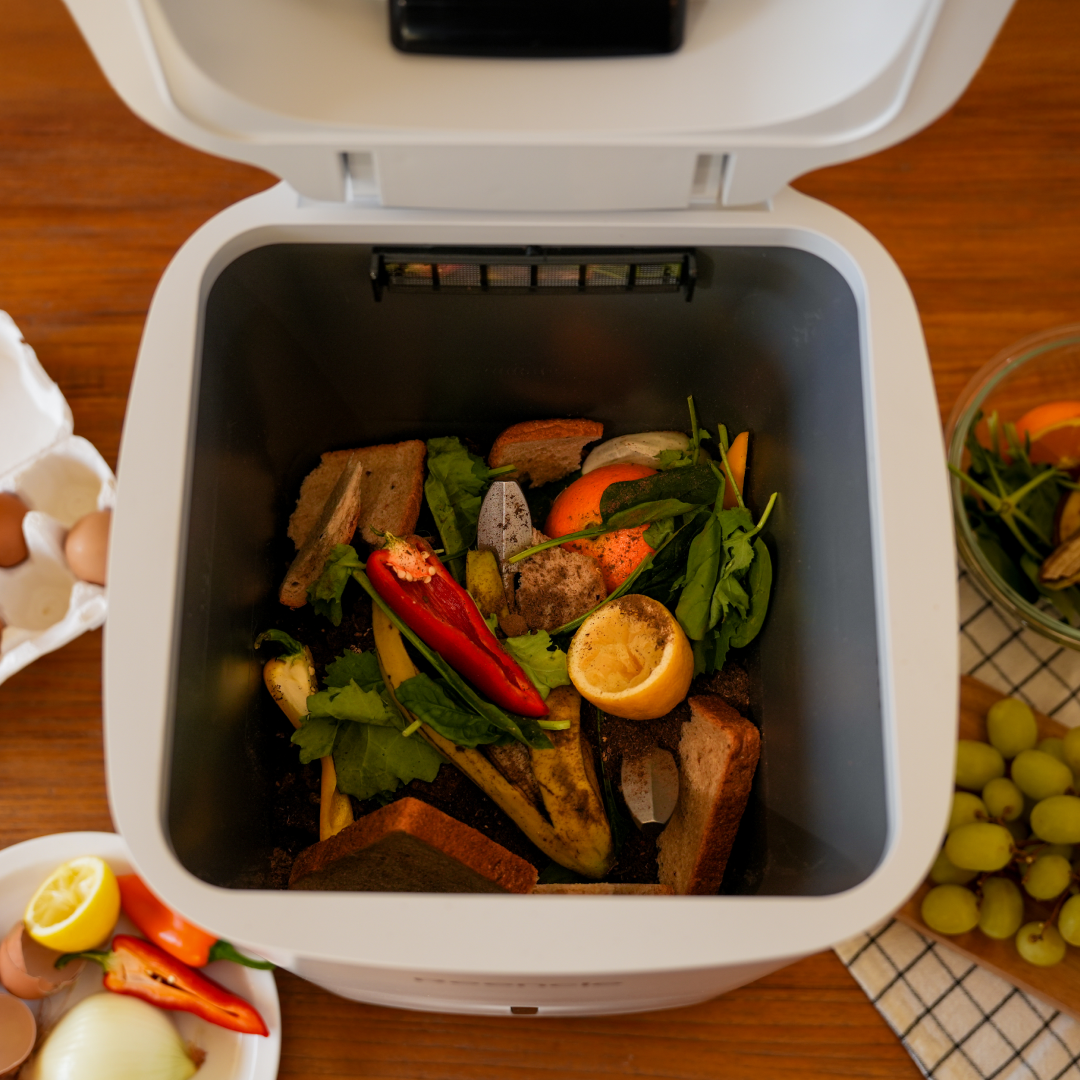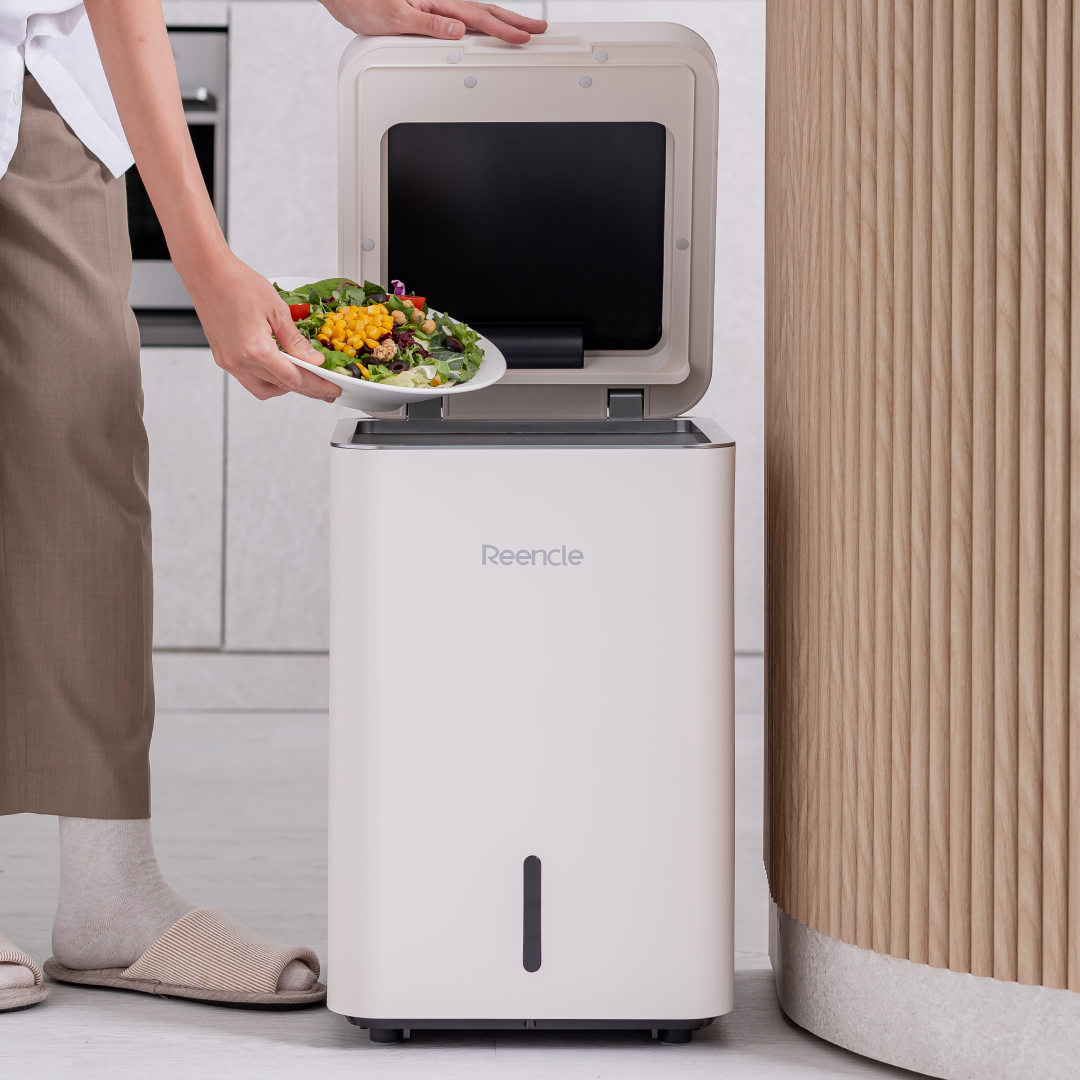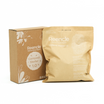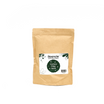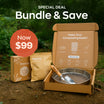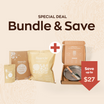What Can You Compost?
The Ultimate Food Scrap Guide


Why does our partnership matters
For every purchase, we plant 1 TREE to nurture our planet 🌲Together, we are sowing the seeds of change and cultivating a greener, more sustainable world.
Anything else?
Anything else?You willl also receive an official certificate from Greenspark as a token of appreciation for your commitment to the environment! 📜
How do we see the progress?
How do we see the progress?Join us on this remarkable journey towards an impact dashboard.You can see how your eco-smart choice made the world a better place
 View more
View more
Your support empowers reforestation, fights climate change,
and paves the way for a brighter, eco-friendly future.
Join us on this remarkable journey towards a cleaner,healthier planet.
Shop with a purpose, shop with Reencle! 🛒💚
Wondering what food scraps you can (and can’t) compost with your Reencle? This comprehensive guide will help you get the most out of your composting experience. Starting anything new can be intimidating, especially when different sources provide conflicting advice. This guide clears up those confusions, helping you care for your compost and maximize its benefits.
Comprehensive “Yes” List: What Can You Compost?
Fruits and Vegetables
- Acceptable Items: Most fruits and vegetables (except for hard pits and produce stickers).
- Why They Work: Nutrient-dense and easy to break down, these items help enrich your compost.
Coffee and Tea
- Acceptable Items: Coffee grounds, organic tea bags, and coffee filters.
- Why They Work: Coffee grounds add nitrogen and act as a compost activator, while paper-based tea bags break down efficiently.
Eggshells
- Acceptable Items: Crushed eggshells.
- Why They Work: Eggshells provide calcium, supporting soil health and plant growth.
Grains and Pasta
- Acceptable Items: Cooked rice, pasta, and bread.
- Why They Work: Grains break down quickly and help balance the compost, even reducing bad odors.
Proteins and Dairy
- Acceptable Items: Small amounts of cooked meat, fish, eggs, and dairy.
- Why They Work: Protein scraps offer valuable nitrogen, but moderation is key. Dairy adds beneficial fats and proteins when used sparingly.
The “No” List: What Shouldn’t Go in Your Reencle and Why
Bones, Shells, and Tough Proteins
- Items to Avoid: Bones, shells, excessive amounts of meat or fish, and large protein scraps.
- Reason: These items break down slowly, cause issues with composting, and can harm your Reencle. Cut up tough proteins to ease decomposition.
Excessive Liquids
- Items to Avoid: Large amounts of liquid, especially greasy or oily liquids.
- Reason: Too much liquid creates a soggy environment, impeding airflow and slowing decomposition. If your compost is soggy, run a dry and purify cycle.
Non-Food Items
- Items to Avoid: Plastics, metals, glass, and synthetic materials.
- Reason: These don’t decompose and can disrupt composting, potentially damaging your Reencle.
Certain Oils and Grease
- Items to Avoid: Excessive oils, butter, or greasy foods.
- Reason: Too much oil and grease can slow down decomposition, leading to odors and pest issues.
Fibrous and Tough Materials
- Items to Avoid: Corn husks, coconut shells, and other fibrous materials
- Reason: These materials break down too slowly, requiring extra energy to decompose, which can delay the composting cycle.
Cutting Larger Pieces
- Tip: Cut tough vegetable stalks and fruit peels into smaller pieces to ensure quicker breakdown and a more efficient composting process.
Mixing Different Types of Scraps
- Tip: Combine nitrogen-rich “green” materials (like fruit scraps and coffee grounds) with carbon-rich “brown” materials (like dry leaves or small amounts of paper) for a balanced compost mix. This helps prevent odors and encourages healthy decomposition.
Moderating Protein and Dairy
- Tip: Use proteins like meat, fish, and dairy in small amounts. Too much can disturb the balance and cause odors or attract pests.

Conclusion
Composting is an exciting journey! By sorting your food waste, balancing “greens” and “browns,” and avoiding the wrong items, you can create nutrient-dense, odor-free compost. Now that you know what to compost (and what to avoid), it's time to start adding food scraps to your Reencle and experience the composting magic firsthand!
Join our community to share helpful tips and tricks and stay connected with other composting enthusiasts!


